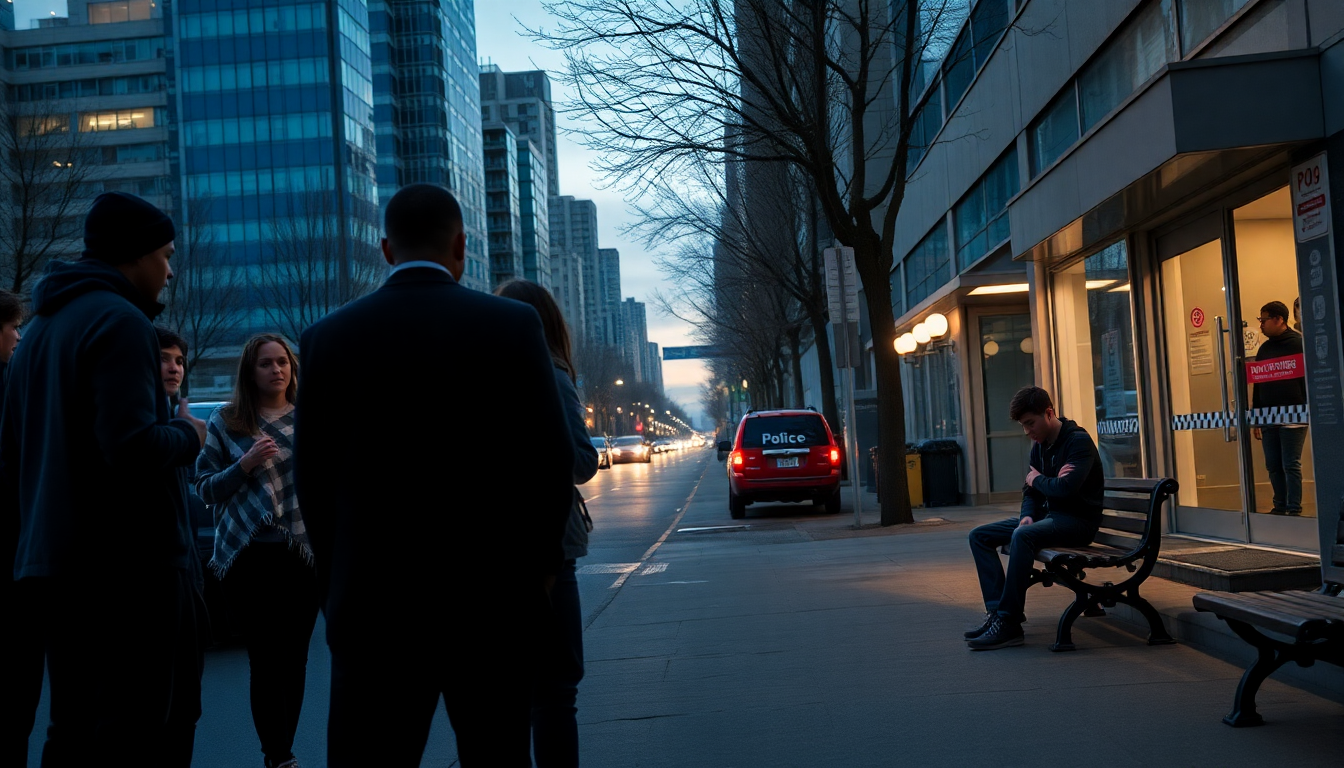Table of Contents
The case of Shakwan Kelly shines a light on the complicated relationship between mental health and the justice system. At just 30 years old, this Vancouver resident has found himself caught in a troubling cycle of violence and legal troubles, largely stemming from his battles with mental illness and substance abuse. But what does Kelly’s situation tell us about the support systems—or lack thereof—available for individuals facing similar challenges?
Overview of the Case
Shakwan Kelly was recently sentenced to 11.5 months in jail after pleading guilty to multiple charges, including two assaults and violating his release conditions. These charges followed a series of violent incidents, including a random attack on a woman and confrontations with staff members at a supportive housing facility. Even while on probation for earlier assaults, Kelly’s behavior unfortunately continued to deteriorate, leading to further legal repercussions.
The court made it clear that any sentence should allow Kelly the opportunity to stay sober and participate in treatment programs, emphasizing the importance of addressing his mental health challenges. Judge James Sutherland supported a joint proposal from both the Crown and the defense, aiming to facilitate Kelly’s rehabilitation.
The Impact of Mental Health on Criminal Behavior
Kelly’s situation serves as a powerful reminder of how mental health struggles can influence behavior and sometimes lead to criminal actions. Diagnosed with schizophrenia at a young age, he has faced numerous hurdles in managing his condition, which has been worsened by substance abuse. The court acknowledged that Kelly had been doing well in the community until recently, when he stopped taking his medication and struggled to stick to his treatment plan.
During the trial, it became evident that Kelly’s mental health issues significantly affected his actions. For instance, a simple denial of a second helping at breakfast escalated into violence against staff, showcasing how untreated mental health problems can lead to unpredictable behavior. The absence of victim impact statements also reflects the complex dynamics of these incidents, as many victims may find it challenging to express their experiences amid the mental health struggles involved.
Challenges in Accessing Mental Health Support
Finding appropriate mental health care is a major hurdle for individuals like Kelly. His lawyer, Jessica Dawkins, pointed out the difficulties in securing supportive housing that aligns with his needs—a vital aspect of his recovery journey. Unfortunately, waitlists for specialized facilities, like the Red Fish Healing Centre, can stretch anywhere from two months to a year, leaving individuals without timely access to necessary care.
The intersection of the legal system and mental health care is evident in Kelly’s case, illustrating how inadequate support can lead to cycles of incarceration and violence. While the Mental Health Act provides frameworks for care, its effectiveness is often limited by resource constraints and the stigma associated with mental illness.
Future Considerations and Recommendations
As Kelly’s case progresses, it’s essential to reflect on the broader implications for mental health policy and criminal justice reform. Improving access to mental health services and ensuring individuals receive adequate support upon release from custody are crucial steps to prevent future incidents. Moreover, integrating mental health training for law enforcement and judicial personnel can lead to more informed handling of cases involving mental health issues.
Ultimately, addressing the needs of individuals like Shakwan Kelly calls for a comprehensive approach that blends legal, medical, and community resources. By fostering an environment that prioritizes mental health care, we can work towards breaking the cycle of violence and providing individuals with the tools they need for recovery and successful reintegration into society.


